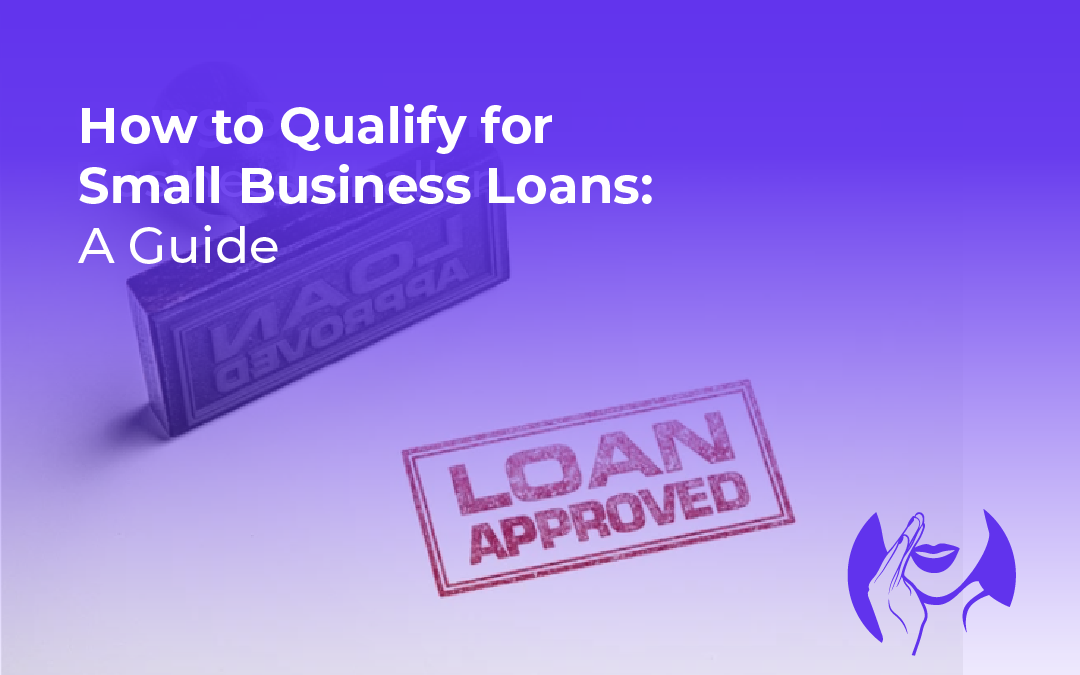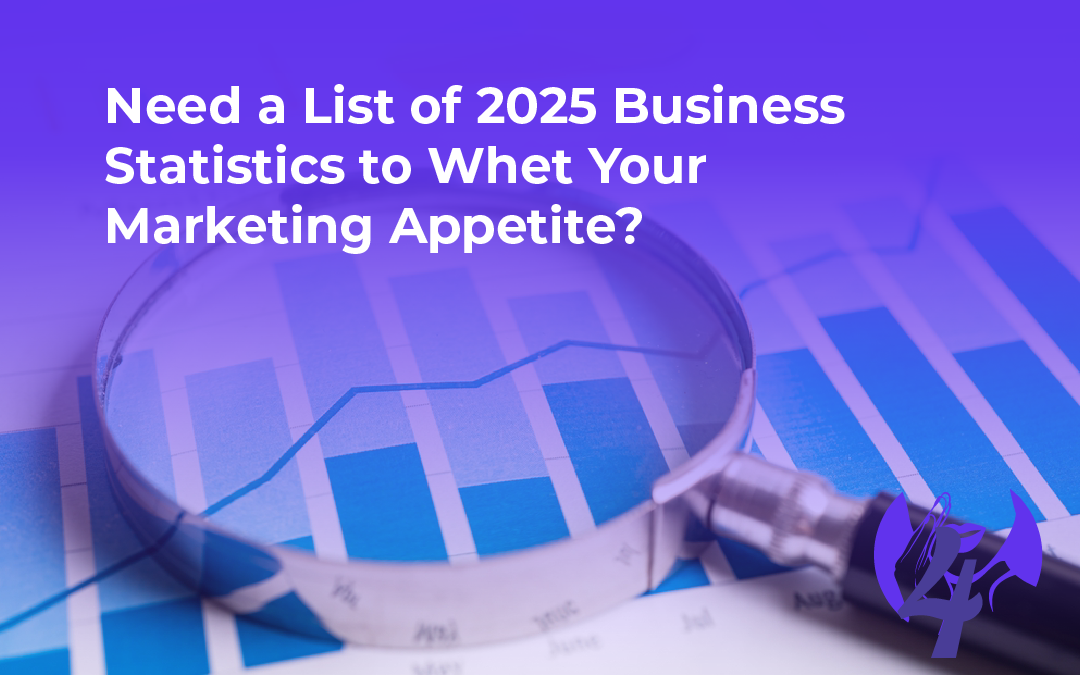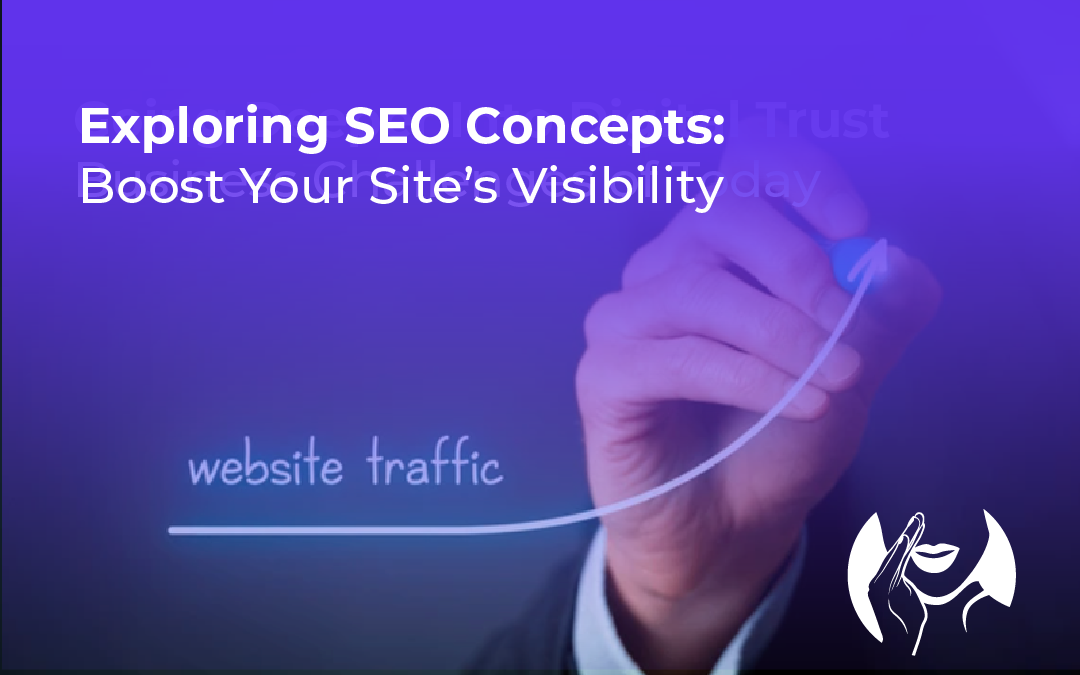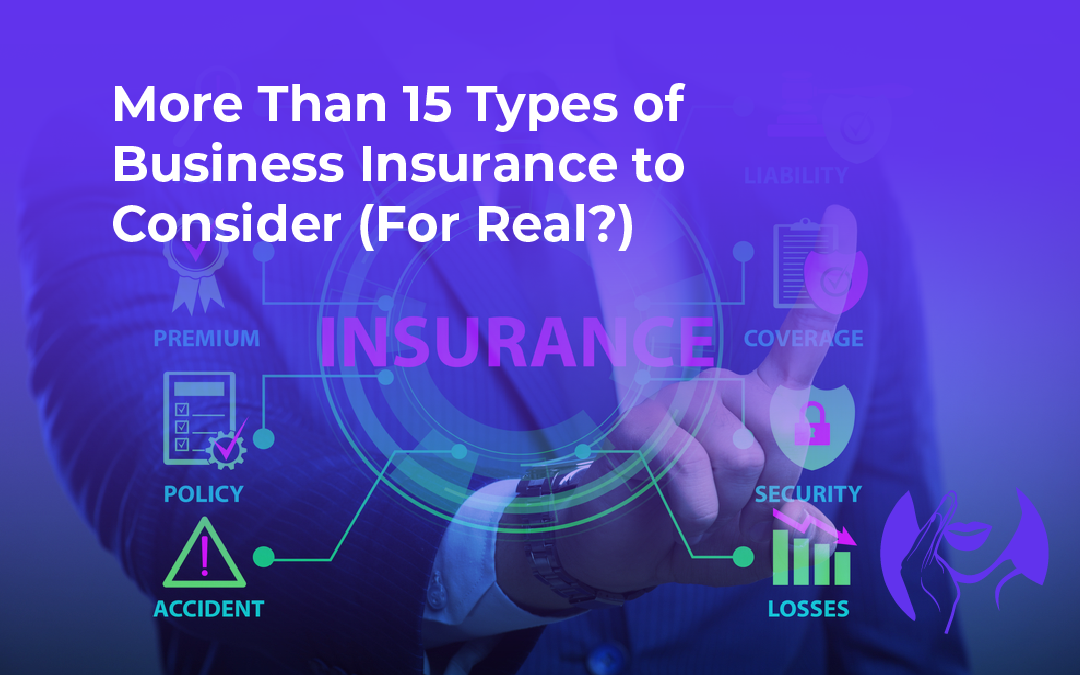You poured everything into building your business. It’s more than a job; it’s a huge part of your life. So it’s natural to feel concerned about all the things that could go wrong and increase your business risk.
Thinking about business insurance as just another bill is the wrong approach. It is your financial shield against a potential financial loss. It’s the one thing that stands between a simple mistake and a catastrophe that could wipe out everything you have built.
We’re going to break down the different insurance coverage options without the confusing jargon. Understanding how insurance protects your company is the first step for all small business owners. This guide will help you explore business coverage to secure your future.
Table Of Contents:
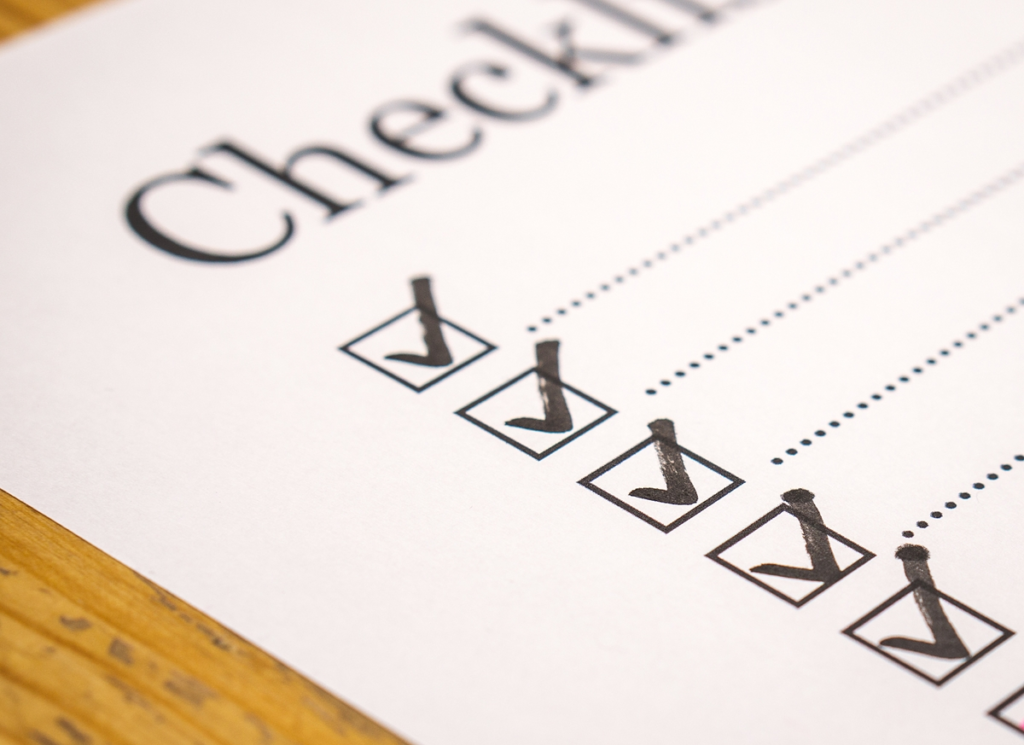
- More Than 15 Types of Business Insurance to Consider (For Real?)
- Covering Your Wheels and Physical Assets
- How to Buy Business Insurance and Save Money
More Than 15 Types of Business Insurance to Consider (For Real?)
You have likely heard of a few types of insurance. The list of coverage options is longer than most people think. This is not about scaring you into buying everything but about knowing your options so you can smartly protect what you have built.
The Foundational Types of Business Insurance
Think of these as the building blocks of a solid protection plan. Most businesses, no matter their size, need to seriously consider these first. They cover the most common and potentially costly risks you will face and offer protection against many scenarios.

1. General Liability Insurance
This is the cornerstone of any insurance package. General liability insurance is what most people think of first. This liability coverage helps protect you from claims that your business caused bodily injury or property damage to a third party.
Imagine a client visits your office and slips on a wet floor, leading to medical expenses for their bodily injury. Or perhaps you’re a painter and accidentally spill a can on an expensive rug, causing property damage. This type of insurance helps cover medical bills, repair costs, and legal defense if you are sued for third-party injuries.
According to the Small Business Administration (SBA), many commercial leases require you to have this liability insurance. It is not just a good idea; it can be a necessity for your business located in a rented space. It also can cover claims of advertising injury like libel or slander.
2. Commercial Property Insurance
If you own or rent a physical space, this coverage is for you. Commercial property insurance also covers your business equipment and contents inside that space. This includes your computers, business equipment, furniture, and inventory.
What happens if a fire breaks out, or a thief steals thousands of dollars worth of merchandise from your company property? This policy helps you repair or replace what was damaged or lost so you can get back to work. A solid commercial property insurance protect plan is vital.
Just be aware, this coverage typically does not cover events like floods or earthquakes. Those usually require separate, specific policies to fully protect your business. Knowing what your policy excludes is as important as knowing what it includes.
3. Business Income Insurance
Also known as business interruption insurance, this one is a true lifesaver for business owners. It is often sold with a commercial property policy as part of a package. What happens if that fire we mentioned forces you to shut down for three months?
You still have rent, payroll, and other bills to pay, even with no money coming in. This insurance can help replace your lost income and cover ongoing expenses during that time. It’s the coverage that helps you survive unexpected costs from a temporary shutdown without going under.
4. Workers’ Compensation Insurance
If you have employees, you almost certainly need workers’ compensation. In fact, most states legally require it the moment you hire your first person. This is non-negotiable for most business owners looking to cover business operations correctly.
Workers’ comp, or compensation insurance, gives benefits to employees who get hurt or sick because of their job. It can cover their medical expenses and a portion of their lost wages. It also provides important employee benefits like rehabilitation services.
This insurance also protects you, the business owner, from being sued by that employee for the injury. This protection is a critical part of managing your responsibilities as an employer. Failure to carry required workers’ compensation insurance can result in severe fines and penalties.
Protection for Your Services and Actions

This group of policies moves beyond physical accidents. It’s about protecting you from claims related to the professional work you do. For many modern businesses, these are just as important as the foundational policies.
5. Professional Liability Insurance
This is often called Errors and Omissions (E&O) insurance. Professional liability protects you against claims of negligence or mistakes in your professional services. Even if a claim is baseless, the legal costs to defend yourself can be staggering.
Are you a consultant, an accountant, a graphic designer, or a real estate agent? If you give advice or provide a service for a fee, you should have professional liability insurance. It protects you if a client sues you, claiming your work caused them a financial loss.
6. Product Liability Insurance
If you manufacture, distribute, or sell a physical product, product liability insurance is critical. It protects your business if a product you sell causes injury or damage. The claims can range from design flaws and manufacturing defects to improper warnings.
A single faulty batch of products could lead to lawsuits from many customers. This insurance helps cover the legal fees and settlements that can result from such claims. It’s a must for any e-commerce store or retailer to have this liability insurance.
7. Cyber Liability Insurance
In our digital age, this insurance is becoming more and more essential. If your business stores sensitive customer data, you’re a target for cyberattacks. A data breach can be incredibly expensive to fix and can damage your reputation.
Cyber liability helps with costs like notifying affected customers and offering credit monitoring services. It can also help pay for data recovery, public relations, and legal fees if you are sued. As noted by organizations like the Insurance Information Institute, the threat is real for businesses of all sizes.
This coverage is especially important if you have a privacy policy promising to protect customer information. A breach could lead to claims that you failed to uphold that policy. The right coverage protects your business and helps you manage the aftermath of an attack.
Covering Your Wheels and Physical Assets
Many businesses rely on vehicles and moving equipment. Your personal auto policy will not cut it for business activities. You need specific auto insurance coverage to protect these vital assets.
8. Commercial Auto Insurance
If you or your employees use vehicles for work, you need a commercial auto policy. This includes company cars, vans, or trucks used for business purposes. The commercial auto insurance covers liability for accidents as well as damage to your vehicles.

Your personal car insurance policy almost always has an exclusion for business use. Relying on it is a huge gamble that could lead to a massive financial loss. One accident while making a delivery could leave you completely exposed financially.
9. Hired & Non-Owned Auto Insurance
This is a specific type of coverage that often gets overlooked. What if you ask an employee to run a work errand in their own car? What if you rent a van for a specific job your business is performing?
If they get into an accident, your business could be held liable. This policy provides liability protection for those situations. It covers vehicles you use for your business but do not actually own.
10. Inland Marine Insurance
Do not let the name fool you; this has nothing to do with boats or water. Inland marine insurance protects your equipment, tools, and other property while it’s in transit or off-site. It essentially covers your company property once it leaves your main location.
Contractors who move tools from job site to job site need this. So do photographers who travel with expensive camera gear or trade show vendors with valuable displays. It fills a critical gap left by standard commercial property insurance.
11. Commercial Flood Insurance
This is a hard truth many business owners learn too late. Standard commercial property insurance does not cover flood damage. You have to buy it as a separate policy to be protected.
With changing weather patterns, flooding can happen almost anywhere, not just in coastal areas. It only takes a few inches of water to cause tens of thousands of dollars in damage. You typically get this coverage through the federal government’s National Flood Insurance Program (NFIP), though private options exist.
12. Business Crime Insurance
This policy protects your business from financial loss due to criminal acts. This can include things like employee theft, forgery, or embezzlement. It’s a sad reality that sometimes the biggest threats come from within.
It can also cover losses from robbery or burglary. While property insurance covers physical damage, crime insurance is focused on the loss of money and securities. It gives you another layer of security against a different kind of business risk.
Protecting Your People and Decisions
Your people are your greatest asset. But having a team and a leadership board also introduces new types of risks. These policies are designed to protect both the business and the individuals in charge.
13. Directors and Officers (D&O) Insurance
If your company has a board of directors or corporate officers, you should look into this coverage. D&O insurance protects the personal assets of these individuals. It covers them if they are personally sued for decisions they made while managing the business.
Lawsuits can come from employees, clients, competitors, or even government regulators. They might allege mismanagement or a breach of duty. D&O insurance lets you attract talented leaders who won’t have to fear for their personal savings.
14. Key Person Insurance

Is there someone in your business who is absolutely irreplaceable? Perhaps it is a founder with all the industry connections or a developer with unique knowledge. What would happen if they were to pass away or become disabled and could no longer work?
Key person insurance is a type of life or disability policy that the business buys. If the worst happens, the policy pays out to the company. This money gives you the resources to hire a replacement or just keep the doors open while you figure things out.
15. Employment Practices Liability Insurance (EPLI)
EPLI protects your business against claims from your employees. These are claims related to your employment practices. Common lawsuits involve discrimination, sexual harassment, wrongful termination, or retaliation.
Even with the best intentions, a misunderstanding can lead to a costly lawsuit. Defending against these claims is expensive and time-consuming. EPLI helps cover the legal costs and any potential settlements or judgments, protecting your business from a serious financial hit.
Expanding Your Safety Net
Once you have your core coverages in place, you can look at these options. They either broaden your protection or simplify how you buy it. They are smart moves as your business grows.
16. Commercial Umbrella Insurance
Think of this as a giant, extra layer of protection over your existing policies. A commercial umbrella policy gives you additional liability coverage. It kicks in after you have hit the limits on your other liability policies, like general liability or commercial auto insurance.
A single catastrophic accident or lawsuit could easily exceed a standard policy limit, which might be $1 million. If a judgment is $2 million, this policy could cover the extra $1 million. An umbrella policy can be the difference between surviving a massive claim and going bankrupt.
17. Business Owner’s Policy (BOP)
This is not a separate insurance type but rather a smart insurance package. A Business Owner’s Policy (BOP) bundles several essential policies together for a single premium. An owner’s policy almost always includes general liability and commercial property insurance.
Many BOPs also include business income insurance. To buy business insurance this way is usually cheaper than getting them all separately. It is a great, cost-effective option for many small businesses that have fairly standard risks and need an efficient way to cover business essentials.
How to Buy Business Insurance and Save Money
Choosing the right commercial insurance can seem complex, but a clear approach makes it manageable. Start by assessing your specific business risk factors. Consider your industry, number of employees, physical assets, and the services you provide.
Once you understand your needs, you can explore your options. You can work with an independent insurance agent who can compare quotes from multiple insurance companies. An experienced insurance agent can provide valuable guidance and help you find coverage that’s right for your business plan.
Alternatively, you can research and buy business insurance online. This can be a quick and convenient option for small business owners with straightforward needs. Many insurers offer streamlined processes to get a quote and purchase a policy directly from their websites.
Here are a few ways to save money on your premiums:
- Bundle Policies: As mentioned, a Business Owner’s Policy (BOP) often costs less than buying each coverage separately.
- Increase Your Deductible: A higher deductible usually means a lower premium. Just be sure you can comfortably pay the deductible amount if you need to file a claim.
- Implement a Safety Program: Many insurers offer discounts for businesses that have formal safety plans and a good claims history. This shows you are proactive about reducing risk.
- Review Coverage Annually: Your needs can change as your business grows. Review your policies each year with your insurance agent to make sure you are not over-insured or under-insured.

Conclusion
Looking at this long list of business insurance options can feel overwhelming, but do not let it be. You will likely not need every single one of these policies. The important thing is to understand your specific risks and then build an insurance package that makes sense for you.
Talking with an experienced insurance agent can help you identify your weak spots. They can help you find the right combination of liability coverage and property insurance. You can also explore options to buy business insurance online if your needs are simple.
Getting the right business insurance cover is not just an expense; it is an investment in your peace of mind and your company’s future. It protects business operations from unexpected events, ensuring that the company you worked so hard to build can continue to thrive. This kind of protection is a cornerstone of a sound business plan.


